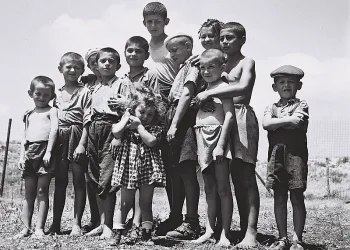The people of Georgia are making their voices heard, demanding democracy and a stronger European alignment. For nearly two weeks, protests have filled the streets, marked by the brutal suppression of freedom of expression.
Yet, the determination of the Georgian populace remains unwavering, drawing both international condemnation and support.
The EU’s Response to Georgian Unrest
The European Union has expressed grave concern over the unfolding events in Georgia. Key issues include:
- Violent Suppression of Protests: Over 400 arrests and reports of excessive force against demonstrators and media.
- Human Rights Violations: Evidence of torture, ill-treatment, and systemic violence against detainees, many requiring medical attention.
The EU’s Demands
The EU’s statement includes:
- Immediate release of detained individuals.
- Credible investigations into allegations of torture and violence.
- Protection of rights to peaceful assembly and expression, as per Georgia’s Constitution.
The European Union strongly opposes the tactics employed by law enforcement and informal groups, warning that such actions have deep implications for Georgia’s EU aspirations.
A Halt to EU Accession Talks
Georgia’s ruling party, Georgian Dream, is under fire for actions that have effectively stalled the country’s EU accession process. The EU’s upcoming Foreign Affairs Council on December 16 may discuss additional measures in response to these developments.
Issue |
Implications |
|---|---|
| Democratic Backslide | Risks alienating European partners and losing public trust. |
| EU Membership Aspirations | Georgia’s long-standing goal delayed indefinitely. |
| Human Rights Concerns | Threatens the nation’s international reputation and alignment with global norms. |
Press Freedom and International Concerns
Media freedom has also taken a hit, with journalists and reporters becoming direct targets. The EU has underscored the importance of protecting media representatives, essential pillars of any democracy.
An Appeal for Action
The EU’s spokesperson emphasized solidarity with the Georgian people and their democratic aspirations. However, the road ahead will require de-escalation by the government and genuine efforts to address the public’s concerns.
Without these measures, Georgia risks further isolation from its European allies.
The ongoing protests are more than a political crisis; they represent a critical juncture for Georgia’s identity and future. Will the country choose democracy and European integration, or risk veering off course?
Sources: THX News & European Union.








